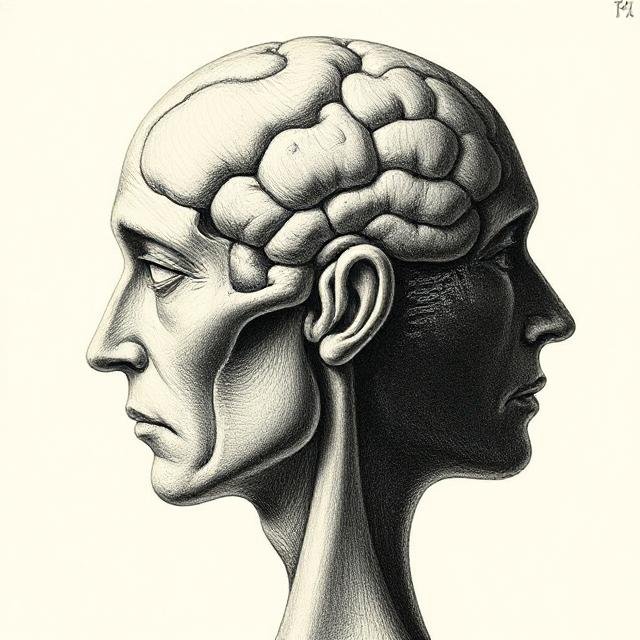Introduction
Post-Traumatic Growth (PTG) refers to the positive psychological changes that individuals may experience as a result of struggling with highly challenging life circumstances. Unlike traditional views that focus solely on the negative impacts of trauma, PTG emphasizes the potential for personal development and transformation following adversity.
Understanding Post-Traumatic Growth
Core Domains of PTG
PTG encompasses several key areas where individuals often report growth:
- Appreciation of Life: A renewed gratitude for life and its experiences.
- Relationships with Others: Strengthened interpersonal connections and empathy.
- New Possibilities: The emergence of new opportunities and directions in life.
- Personal Strength: Increased resilience and confidence in one’s abilities.
- Spiritual Change: A deeper sense of spiritual or existential understanding.
These domains collectively contribute to a transformed worldview and a sense of meaning derived from the traumatic experience.
Distinguishing PTG from Resilience
While both PTG and resilience involve positive responses to adversity, they differ in scope and outcome. Resilience refers to the ability to return to baseline functioning after trauma, whereas PTG involves surpassing previous levels of functioning and achieving significant personal growth.
Mechanisms Facilitating PTG
Cognitive Processing
Engaging in reflective thinking about the traumatic event allows individuals to make sense of their experiences and integrate them into their life narrative. This cognitive processing is crucial for facilitating PTG.
Emotional Regulation
Effectively managing emotions and finding constructive ways to express feelings can promote healing and growth. Techniques such as mindfulness and emotional awareness are often beneficial.
Social Support
Strong social networks provide emotional comfort and validation, which are essential for processing trauma and fostering PTG. Support from family, friends, and community groups plays a significant role.
Factors Influencing PTG
Personal Characteristics
Certain traits and behaviors can enhance the likelihood of experiencing PTG:
- Openness to Experience: Willingness to engage with new ideas and experiences.
- Optimism: A positive outlook on life and future possibilities.
- Altruism: A tendency to help others and contribute to the well-being of others.
Event Characteristics
The nature of the traumatic event itself can impact the potential for PTG:
- Severity and Duration: More intense and prolonged trauma may lead to greater opportunities for growth.
- Centrality to Life: Events that significantly alter one’s life may prompt deeper reflection and change.
Cultural Context
Cultural beliefs and practices influence how individuals perceive and respond to trauma. Cultural frameworks can either facilitate or hinder the process of PTG, depending on societal attitudes toward adversity and personal growth.
Clinical Implications and Applications
Understanding PTG has important implications for therapeutic practices:
- Therapeutic Interventions: Incorporating PTG concepts into therapy can help individuals reframe their experiences and identify growth opportunities.
- Community Programs: Support groups and community initiatives can provide platforms for sharing experiences and fostering collective healing.
- Policy Development: Recognizing PTG in public health policies can lead to more comprehensive approaches to trauma recovery.
Conclusion
Post-Traumatic Growth offers a hopeful perspective on the aftermath of trauma, highlighting the potential for individuals to emerge stronger and more fulfilled. By focusing on the positive changes that can result from adversity, PTG encourages a holistic approach to healing and personal development.













